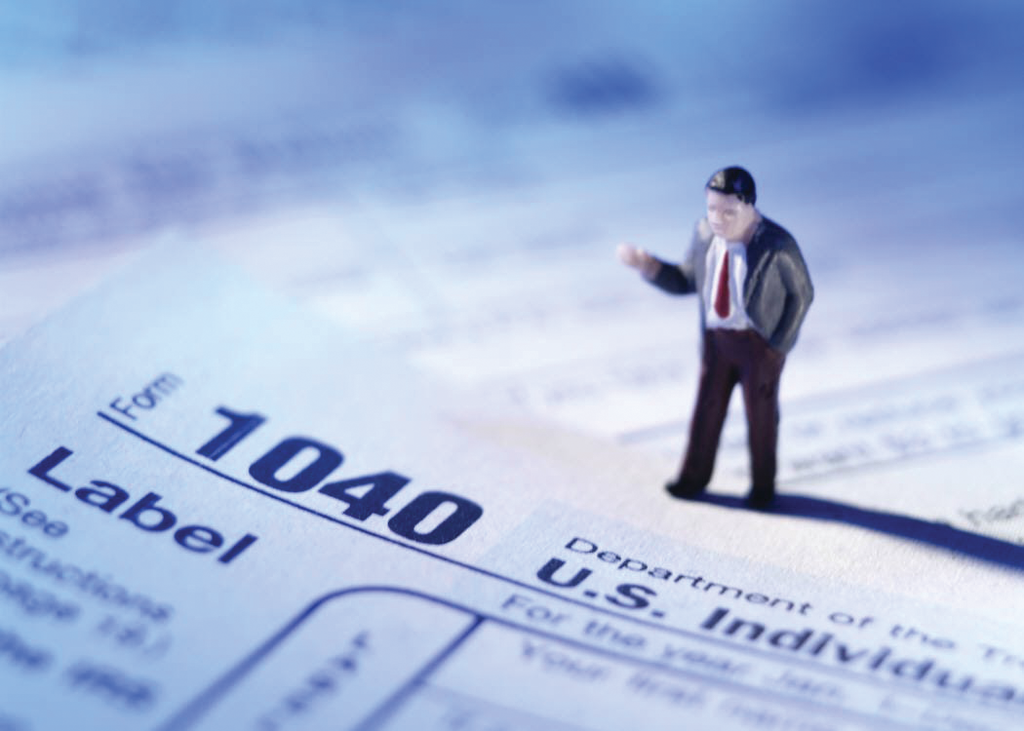Asking the right questions can make a big difference when hiring a tax preparer. It helps ensure that you are getting a qualified professional who knows the tax code and will act ethically and responsibly in filing your tax return.
“NSA members adhere to a code of ethics to ensure professional services on behalf of taxpayers,” says NSA Executive Vice President John Ams. The National Society of Accountants (NSA) is an organization representing “Main Street” accounting and tax professionals who prepare millions of tax returns for taxpayers.
“The typical member has more than 27 years of experience and holds one or more credential demonstrating their ability, experience, and knowledge of the tax code,” he added.
Common credentials that taxpayers should look for include Enrolled Agent (EA), Certified Public Accountant (CPA), Accredited Tax Preparer (ATP), and Accredited Tax Advisor (ATA).
The Internal Revenue Service offers these tips for choosing a tax preparer:
- Check to be sure the preparer has an IRS Preparer Tax Identification Number (PTIN). Anyone with a valid 2015 PTIN is authorized to prepare federal tax returns. Tax return preparers, however, have differing levels of skills, education and expertise. An important difference in the types of practitioners is “representation rights”. You can learn more about the several different types of return preparers on IRS.gov/chooseataxpro.
- Ask the tax preparer if they have a professional credential (enrolled agent, certified public accountant, or attorney), belong to a professional organization or attend continuing education classes. A number of tax law changes, including the Affordable Care Act provisions, can be complex. A competent tax professional needs to be up-to-date in these matters. Tax return preparers aren’t required to have a professional credential, but make sure you understand the qualifications of the preparer you select.
- Check on the service fees up front. Avoid preparers who base their fee on a percentage of your refund or those who say they can get larger refunds than others can.
- Always make sure any refund due is sent to you or deposited into your bank account. Taxpayers should not deposit their refund into a preparer’s bank account.
- Make sure your preparer offers IRS e-file and ask that your return be submitted to the IRS electronically. Any tax professional who gets paid to prepare and file more than 10 returns generally must file the returns electronically. It’s the safest and most accurate way to file a return, whether you do it alone or pay someone to prepare and file for you.
- Make sure the preparer will be available. Make sure you’ll be able to contact the tax preparer after you file your return – even after the April 15 due date. This may be helpful in the event questions come up about your tax return.
- Provide records and receipts. Good preparers will ask to see your records and receipts. They’ll ask you questions to determine your total income, deductions, tax credits and other items. Do not rely on a preparer who is willing to e-file your return using your last pay stub instead of your Form W-2. This is against IRS e-file rules.
- Never sign a blank return. Don’t use a tax preparer that asks you to sign an incomplete or blank tax form.
- Review your return before signing. Before you sign your tax return, review it and ask questions if something is not clear. Make sure you’re comfortable with the accuracy of the return before you sign it.
- Ensure the preparer signs and includes their PTIN. Paid preparers must sign returns and include their PTIN as required by law. The preparer must also give you a copy of the return.
- Report abusive tax preparers to the IRS. You can report abusive tax return preparers and suspected tax fraud to the IRS. Use Form 14157, Complaint: Tax Return Preparer. If you suspect a return preparer filed or changed the return without your consent, you should also file Form 14157-A, Return Preparer Fraud or Misconduct Affidavit. You can get these forms on IRS.gov.
“Tax preparers are professionally responsible for the returns that they file on behalf of taxpayers,” Ams notes. “They should be prepared to help you respond to any questions the IRS may ask about your return. So make sure they will do that if needed.
“NSA has urged Congress and the Internal Revenue Service for years to require tax preparers to be regulated. NSA members are honest, highly qualified professionals and we would welcome this oversight because they could easily meet any regulatory requirements the IRS or Congress would impose.”
It’s also a good idea to check the preparer’s history. You can check with the Better Business Bureau to find out if a preparer has a questionable history. Check for disciplinary actions and the license status for credentialed preparers. For CPAs, check with the State Board of Accountancy. For attorneys, check with the State Bar Association. For Enrolled Agents, go to www.irs.gov and search for “verify enrolled agent status.” The IRS directory of qualified tax preparers at www.irs.gov/chooseataxpro is also a useful resource.
If you are not satisfied with the answers you receive, keep looking. For more information and to use an online search directory to identify a qualified tax preparer in your area, visit www.chooseataxpro.org, where you can find a guide to credentials, fee information, a consumer blog, and more.
Thanks for reading CPA Practice Advisor!
Subscribe Already registered? Log In
Need more information? Read the FAQs
Tags: Income Taxes, Software, Taxes




